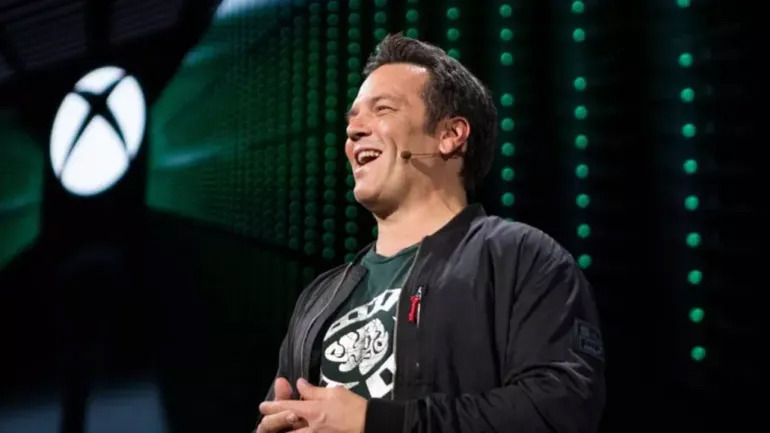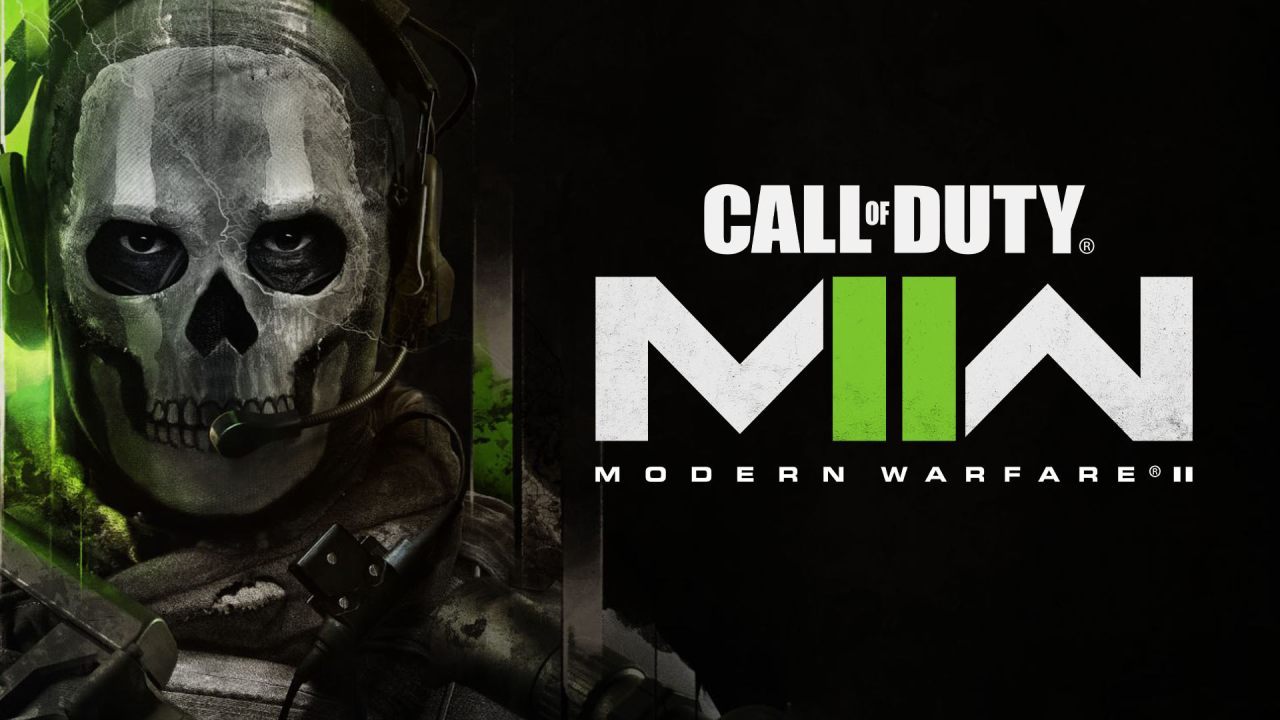Microsoft's Acquisitions May Be Dangerous
Microsoft has been slowly consolidating its market share over the last few years because it wants to win more than the console war.
by LCLupus on Nov 17, 2022
Microsoft has been increasing its portfolio of developers and publishers and has been expanding into every facet of the gaming industry, and it’s done this by throwing around a lot of money. Their plan is clearly a long-term one, as Microsoft is thinking about the ever-increasing profitability of gaming, but there are dangers that come along with Microsoft’s aggressive expansion into all avenues of the gaming industry.
Back in the day, there was a big console war between several of the major contenders. In the nineties, even SEGA had its hat in the ring and was going toe-to-toe against the major competitors at the time, and those competitors were Sony and Nintendo. Then the early 2000s happened, and the original Xbox was released. SEGA was pushed out of the running entirely, and Nintendo slowly started to be squeezed out too, and their departure from the hardcore gaming scene came with the release of the Wii.

With the release of the Wii, Nintendo clearly decided that it wanted to focus more on innovative, lower-power, and lower cost consoles rather than competing against the other two juggernauts. Those juggernauts being the Xbox and the PlayStation. Each successive generation’s console war has often been decided in retrospect. The PS2 beat the original Xbox, the Xbox 360 beat the PS3, the PS4 beat the Xbox One, and many consider the PS5 to be beating the Xbox Series X/S at present.
This can be seen as one of the reasons that Microsoft decided to change their tactics a little. They introduced the Xbox Game Pass. Now, from a consumer perspective, the Xbox Game Pass is a fantastic value proposition as it allows you to play new games on a service that has a relatively low monthly subscription fee. It’s a great thing for gamers who just don’t have as much money, and it allows you to play AAA games on release! It’s a pretty great thing for loads of people.
However, a subscription service is only as good as the titles that are on that service. There’s a reason Netflix and Prime Video command more market share and general popularity than something like Roku; they have more exclusive stuff for you to watch. The more exclusive stuff on your platform, the more people are forced to be a part of it if they want that stuff. Here’s where Microsoft got smart and started to look at the long-term.
They started buying indies. They bought some that had big-name products, like Mojang, which gave them control over Minecraft, but they also bought up companies like Ninja Theory, Compulsion Games, Obsidian Entertainment, inXile Entertainment, Double Fine, and many others. These are the bigger name indies, and they release games that many people want. They’re basically the closest to AAA the indie scene’s got. And having this many amazing indies under its belt means that if someone wants whatever brilliant RPG Obsidian or inXile releases next, they have to go to Microsoft. They have to pay Microsoft.
Sony has simply never held much weight in the indie space other than a select few big-name ones, like Journey and The Unfinished Swan. These games would eventually make their way to PCs anyway, but they just weren’t as much of a priority to Sony as their big, blockbuster titles. Why care about some small, artsy game when you could focus on making the next big The Last of Us or God of War or Horizon game?
However, only focusing on the big games means you’re ignoring a rather substantial portion of the gaming audience, and Microsoft had zoned in on that part of the audience. They were going for the hipster gaming crowd! People into indie games are a very specific sort of group, and many of them are PC gamers, and many are exclusively on the PC. Which is another market that Sony utterly neglected, so it gave Microsoft the chance to start cornering that one side of the market.
Sony continued to “win” the console war while Microsoft planned for the future, and many consider the war to be over for this generation. But it’s not over, because Microsoft decided to supplement its arrangement of smaller studios by making massive purchases like ZeniMax, which owns Bethesda, Arkane Studios, id Software, and many others. This meant that Microsoft no longer just had control over a bunch of indies, it also had control over the next Elder Scrolls game, the next Fallout, the next Dishonored, the next Doom! This was a much bigger deal than anything that had come before.
Fast forward a bit and the next big thing gets announced: Microsoft is acquiring Activision-Blizzard-King. This would give them control over Call of Duty, Warcraft, Overwatch, and Candy Crush. It was by this point that Sony apparently started paying attention, because you can lose a Dishonored game and still be okay but losing Call of Duty?

Call of Duty, even though many indie gamers and other varieties of “hardcore gamer” act derisively towards the Call of Duty franchise, the reality is that games like Call of Duty are massive successes year after year. They command gigantic audiences that happily consume the next iteration of the long-running military-shooter franchise. And if Microsoft controls that franchise, then what’s to stop them from pulling it off PlayStation entirely?
It’s now that we have reached the present day. In a recent interview on The Verge’s Decoder podcast, Phil Spencer, the head of Xbox, stated that they would not remove Call of Duty from the Sony platform because they want to keep the game where gamers want it. This, as has been pointed out, is not a legally binding contract and rather a simple verbal agreement. It can be broken at any time. However, the Call of Duty games will likely continue on the PlayStation platform because it’s in Microsoft’s best interests to do so.
Gaining power in an industry is about more than just money, it’s about fostering goodwill, and as Microsoft has been supplying people with a great set of services, they’ve gained a lot of goodwill with gamers. If they suddenly pulled Call of Duty off PlayStation, they’d lose out on their crossplay player base. However, leaving the game on PlayStation doesn’t mean they won’t still favor Microsoft over Sony.
They could decide that certain maps, features, or DLC are Xbox exclusives, thereby slowly pulling people towards the Xbox platform. A move like that will foster a whole lot less ill-will from gamers. You’re not taking the game away from them but are instead just having certain exclusive features on certain consoles. That’s the way the industry has been for decades. What makes this any different?
But in that Decoder interview, there was a different point emphasized that many appear to have ignored in favor of the Call of Duty narrative: Microsoft wants control of Candy Crush. We’ve already seen how Microsoft has snatched up indie developers and big-name publishers, but the mobile market is a whole other beast.
Much like the Call of Duty detractors that act as if “real gamers” don’t play the more casual games like Call of Duty, there are so many who deride mobile games. Here’s the thing though: the mobile game market is absolutely enormous. It’s also a side of the market that Sony has completely neglected. Which is not a great thing, because this all points towards something that Microsoft is inching its way towards: monopolization.
There will never be a true monopoly in the gaming space unless we eventually live in the Disney dystopia where Disney manages to buy up Microsoft, Sony, and Amazon, and then implements its dystopic regime around the world, but that doesn’t mean that Microsoft isn’t attempting a form of monopolization at the moment.
They want to control market share. They want to take control of large swaths of the high-end indie scene, they want to control the big blockbusters that come out of certain big-name companies, they want to have a subscription service that gives you everything you want so that you pull away from other companies’ products, they want to control the biggest franchises in the market, and they want to move into the mobile space. Microsoft wants to control aspects of the entire gaming market, and not just the console side.
While console gamers have concerned themselves with the pointless console war, Microsoft has been consolidating its power. It isn’t trying to win this console war, or even the next one, it wants to make it that the console war becomes irrelevant. Many consoles are sold on their exclusives but imagine if the PlayStation becomes a place where you can only play PlayStation exclusives. No Elder Scrolls, no Call of Duty, no Overwatch, no big-name indies. That will be the perfect time for Microsoft to control everything.
Justin van Huyssteen (@LC_Lupus)
Senior Editor, NoobFeed
Contributor, NoobFeed
No comments
Latest Articles
No Data.

